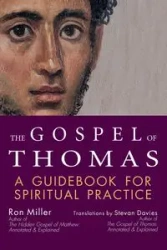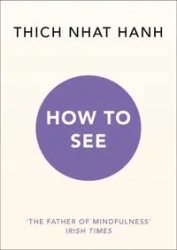Teologia po angielsku
( ilość produktów: 25 )Książki obcojęzyczne - Religioznawstwo Teologia : Angielski

Ask Without Fear for Christian Ministry - Marc Pitman A
- Autorzy:

A Retreat with the Blessed John Paul II - bł. Jan Paweł II
- Autorzy:
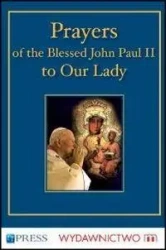
Prayers to the Blessed Virgin Mary - John Paul II - bł. Jan Paweł II
- Autorzy:

Mary's Last Call - Peter Glas
- Autorzy:
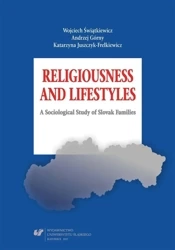
Religiousness and Lifestyles. A Sociological... - Andrzej Górny, Katarzyna Juszczyk-Frelkiewicz, Wo

Catholic Bible. Compact Edition
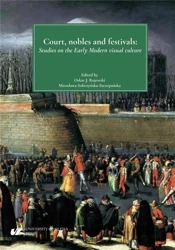
Court, nobles and festivals - Anna Trzcionka-Wieczorek
- Autorzy:
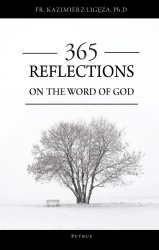
365 reflections on the word of God - Fr. Kazimierz Ligeza
- Autorzy:
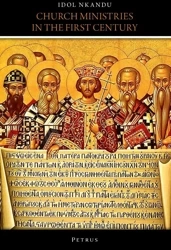
Church Ministries In The First Century - Idol Nkandu
- Autorzy:

So-called "Bible-Believing" People Are in Serious Error Using Translations Other Than The 1611 King James Bible - Waite D. A.
- Autorzy:
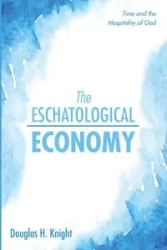
The Eschatological Economy - Douglas H. Knight
- Autorzy:
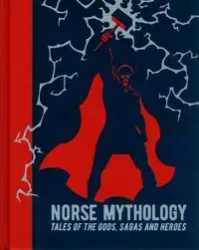
NORSE MYTHOLOGY - LITCHFIELD, MAR
- Autorzy:

The Power of Your Subconscious Mind - Joseph Murphy
- Autorzy:
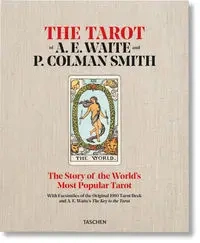
The Tarot of A. E. Waite and P. Colman Smith
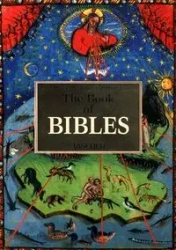
The Book of Bibles - Andreas Fingernagel, Christian Gastgeber
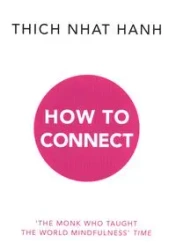
How to Connect - Hanh Nhat Thich
- Autorzy:

How to Smile - Hanh Nhat Thich
- Autorzy:
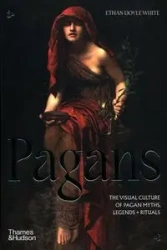
Pagans The Visual Culture of Pagan Myths, Legends and Rituals - Ethan Doyle White
- Autorzy:

Sacrament and the English Catholic Novel - Aeksandra Słyszewska
- Autorzy:

The Holy Qur'an. Classics of World Literature wer. angielska - Ali Abdullah Yusuf
- Autorzy:

Jerusalem - Ottolenghi Yotam, Tamimi Sami
- Autorzy:
Książki o religii i teologii po angielsku
Księgarnia Matfel.pl oferuje szeroki wybór książek o teologii w języku angielskim. Możesz znaleźć tutaj zarówno klasyki literatury teologicznej, jak i najnowsze publikacje z tego obszaru. Dzięki temu, niezależnie od tego, czy jesteś studentem teologii, czy pasjonujesz się tą dziedziną w swoim czasie wolnym, masz możliwość pogłębić swoją wiedzę na temat różnych aspektów teologii.
Książki o religiach świata po angielsku
Jeśli interesuje Cię tematyka religii, Matfel.pl ma wiele książek o religiach świata w języku angielskim. Oferujemy książki zarówno o głównych światowych religiach, takich jak chrześcijaństwo, islam, judaizm, hinduizm i buddyzm, jak również o mniej znanych tradycjach religijnych. Dzięki tym książkom możesz poznać różne wierzenia, obrzędy, historię i filozofię różnych religii i poszerzyć swoje horyzonty w tej dziedzinie.
Książki o religii w języku angielskim
Jeśli chcesz poznać więcej na temat religii lub poszerzyć swoją wiedzę na ten temat, księgarnia Matfel.pl ma wiele książek o religii w języku angielskim. Oferujemy publikacje zarówno dla osób, które są już dobrze zaznajomione z tematem, jak i dla tych, którzy dopiero zaczynają swoją przygodę z religioznawstwem. Niezależnie od tego, czy interesuje Cię konkretne wyznanie czy działanie religii w społeczeństwie, znajdziesz tutaj książki, które spełnią Twoje potrzeby.
Książki o religii po angielsku
Księgarnia Matfel.pl oferuje szeroki wybór książek o religii po angielsku. Bez względu na to, czy interesuje Cię teologia, religie świata, czy ogólny temat religioznawstwa, znajdziesz tutaj wiele ciekawych publikacji. W naszej ofercie mamy książki zarówno dla początkujących jak i bardziej zaawansowanych czytelników. Ponadto, dzięki szerokiemu wyborowi tytułów, możesz wybrać książki związane z Twoim konkretnym zainteresowaniem w tematyce religijnej.
Książki o religii po angielsku są jednym z najważniejszych punktów oferty księgarni Matfel.pl. Dzięki temu, że oferujemy publikacje w języku angielskim, nasi klienci mają możliwość poszerzenia swojej wiedzy na temat różnych aspektów religii. Niezależnie od tego, czy jesteś studentem teologii, czy po prostu chcesz poznać więcej na temat różnych religii świata, Matfel.pl jest miejscem, gdzie możesz znaleźć interesujące dla siebie książki.
Jeśli interesuje Cię teologia, polecamy serię książek autorstwa renomowanych teologów, w której możesz znaleźć zarówno wprowadzenia do teologii, jak i bardziej zaawansowane publikacje. Wśród nich znajdują się takie tytuły jak "Systematic Theology" autorstwa Wayne'a Grudema, "Mere Christianity" autorstwa C.S. Lewisa, czy "Theology: The Basics" autorstwa Alistera E. McGratha.
Jeśli natomiast chcesz poznać więcej na temat religii świata, mamy wiele książek poświęconych temu tematowi. Możesz zacząć od klasyków, takich jak "The World's Religions" autorstwa Hustona Smitha, "The Illustrated World's Religions" autorstwa Hustona Smitha i Karen Armstrong, czy "A History of God" autorstwa Karen Armstrong. Oprócz tego, oferujemy również książki o mniej znanych tradycjach religijnych, takich jak dziedzictwo afrykańskie, mitologia nordycka czy religie tradycyjne Ameryki Łacińskiej.
Jeżeli interesują Cię publikacje dotyczące religioznawstwa ogólnie, możemy polecić takie tytuły jak "The Cambridge Companion to Religious Studies" redagowane przez Roberta A. Orsi, czy "Introduction to the Study of Religion" autorstwa Dominika Wielocha. Dzięki temu będziesz miał możliwość poznać główne koncepcje i metody stosowane w badaniu religii i dowiedzieć się więcej na temat interdyscyplinarnych aspektów tej dziedziny.

